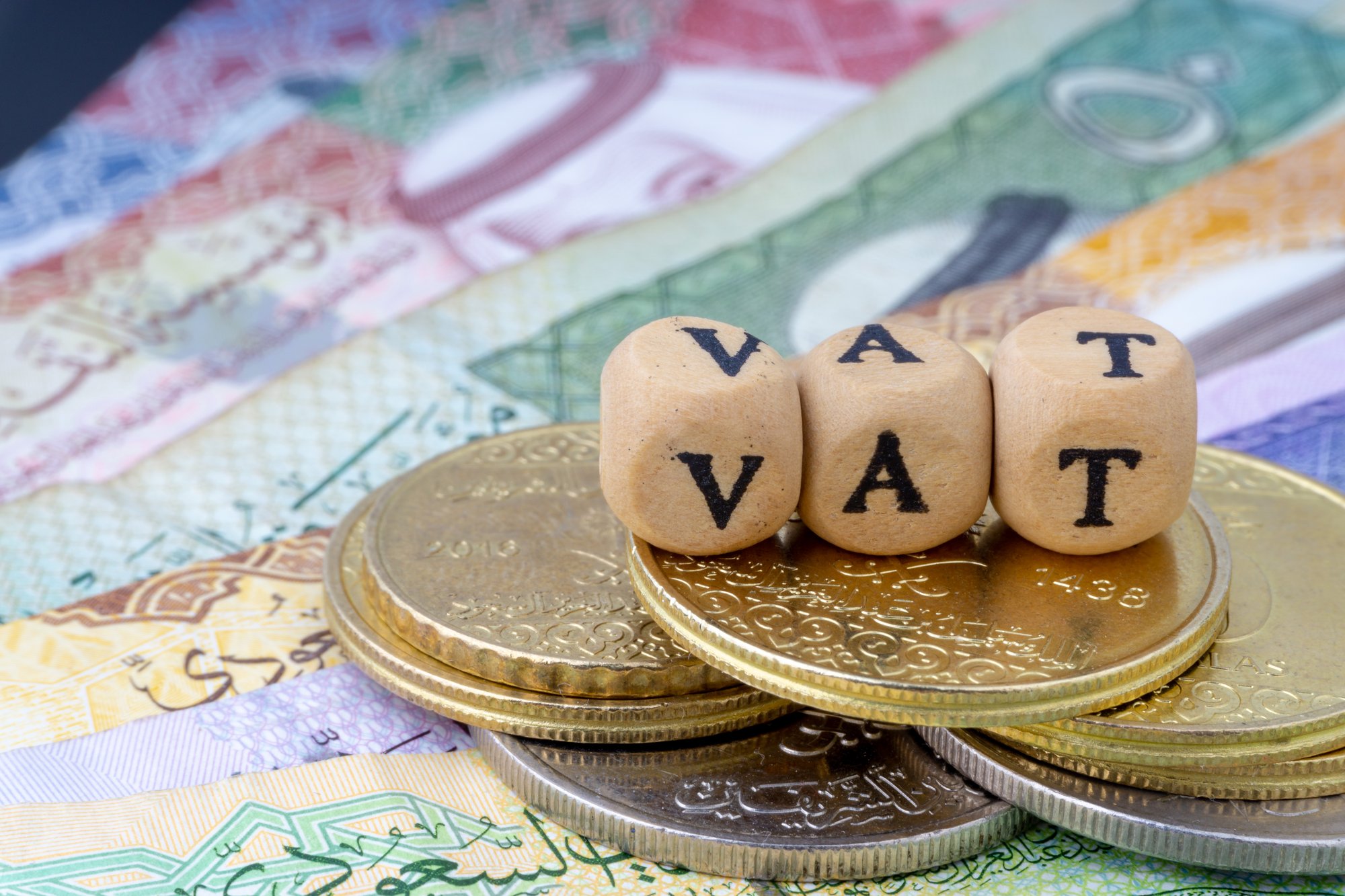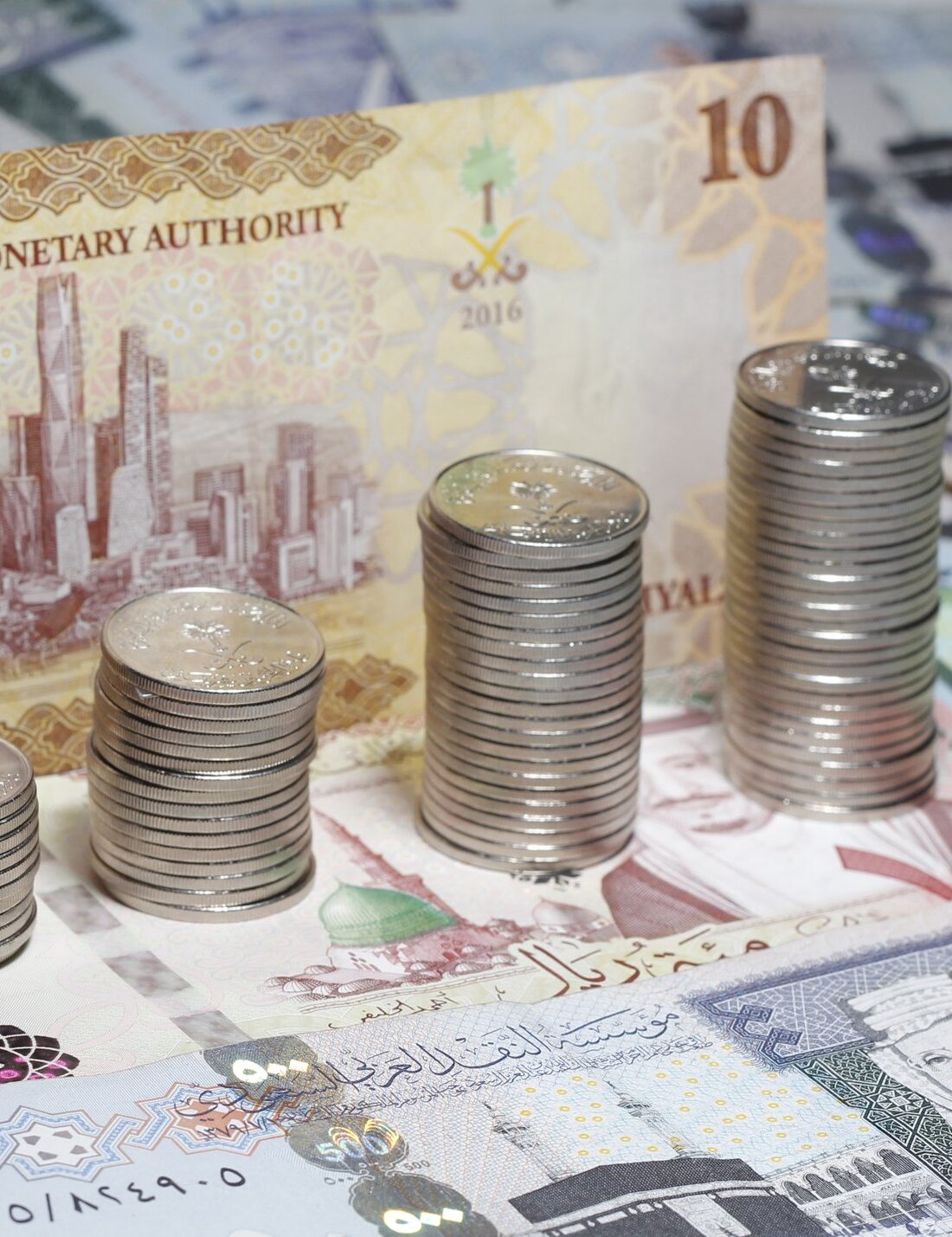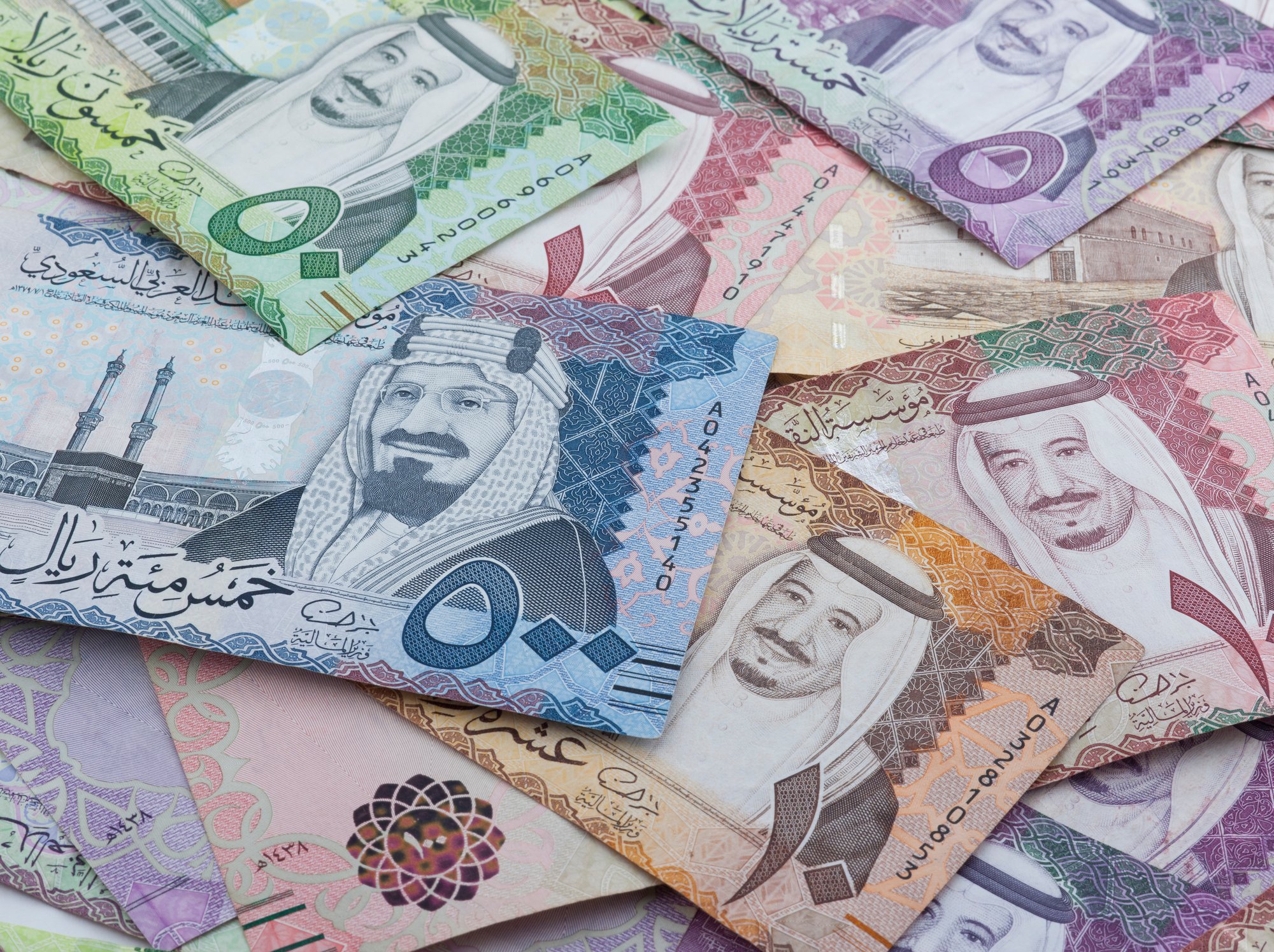With a few exceptions, companies must pay Value Added Tax (or VAT) on all products and services they purchase and resell. More than 160 nations throughout the world have implemented VAT as a dependable source of income for national budgets.
The manufacturing, distribution, and ultimate sale of the article or service are all subject to the imposition of VAT, as shown above:
The expense of VAT on purchased products and services is borne by the customer. Companies repay the VAT they paid to suppliers and pay the government the VAT they earn from client purchases.
The GCC nations decided to introduce VAT throughout the GCC area in June 2016. Saudi Arabia accepted the GCC VAT framework in February 2017 (Jumada Al-Awwal 1438), and began collecting VAT on January 1, 2018. (Rabi Al-Thani 14, 1439). The standard rate of VAT was set at 5%.
The government of the Kingdom of Saudi Arabia (KSA) stated on May 11th, 2020, that the Value Added Tax (VAT) rate will rise from the current 5% to 15% beginning July 1st, 2020.
The hike is part of other steps made by the KSA government in reaction to the COVID-19 crisis’s economic effects, as a result of a drop in government revenue brought on by lower oil prices, slower economic growth, and rising healthcare costs.
In Saudi Arabia, the General Authority of Zakat and Tax (GAZT) is in charge of overseeing the VAT’s implementation, enforcement, and administration. It achieves this by working closely with other pertinent organizations.



